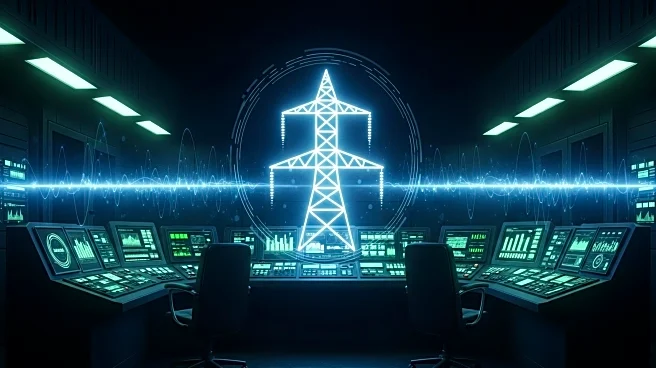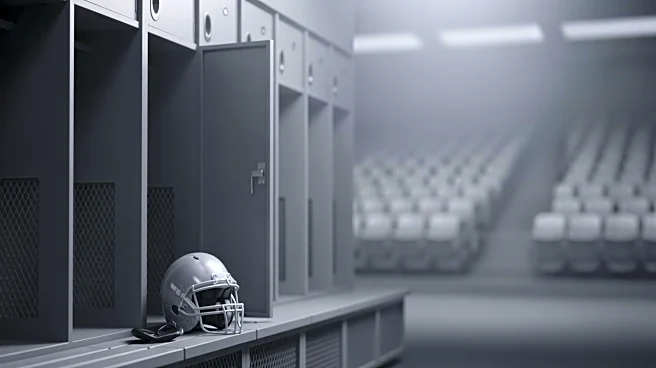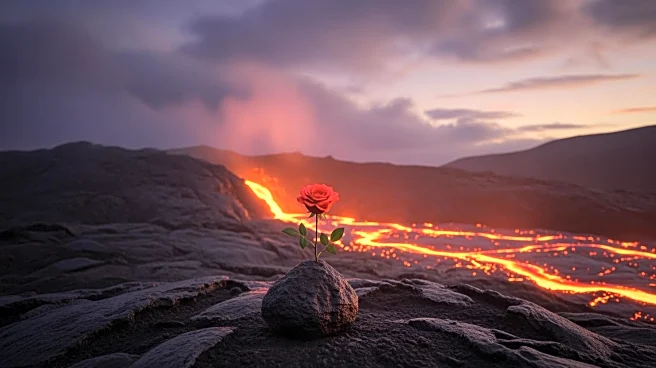What's Happening?
The Department of Energy (DOE) has extended several emergency orders to address ongoing grid reliability issues across the United States. These extensions, issued in August 2025, are part of a series of interventions under Section 202(c) of the Federal Power Act. The DOE has directed PJM Interconnection to keep Constellation's Eddystone Units 3 and 4 in Pennsylvania operational through November 26, and ordered the Midcontinent Independent System Operator (MISO) to delay the retirement of the J.H. Campbell coal plant in Michigan until November 19. Additionally, the Puerto Rico Electric Power Authority (PREPA) received a 90-day extension to dispatch aging thermal generation and conduct vegetation clearing. These actions follow previous emergency orders issued since May, aimed at preventing blackouts and ensuring grid stability amid increased electricity demand and resource retirements.
Why It's Important?
The DOE's extensions highlight the persistent challenges facing the U.S. energy grid, including capacity constraints and reliability risks. These measures are crucial to prevent widespread outages, especially as demand continues to rise and older generation units retire faster than new capacity is added. The interventions have sparked legal challenges from environmental groups and state officials, who argue that the federal actions exceed statutory authority and impose unnecessary costs on ratepayers. The ongoing grid stress underscores the need for a balanced approach to energy policy that addresses both reliability and environmental concerns.
What's Next?
The DOE's emergency orders are likely to continue as the agency monitors grid conditions through the fall and winter planning seasons. Grid operators like MISO and PJM are actively working on fast-tracking new capacity projects to address resource adequacy issues. Legal challenges from environmental groups and state officials may intensify, potentially leading to court rulings that could impact future federal interventions. Meanwhile, Puerto Rico is advancing its grid modernization efforts, although funding challenges remain a significant hurdle.
Beyond the Headlines
The DOE's actions reflect broader energy policy debates about the balance between maintaining grid reliability and transitioning to cleaner energy sources. The reliance on emergency orders raises questions about the long-term sustainability of current energy policies and the need for comprehensive infrastructure investments. The legal challenges also highlight tensions between federal authority and state-level energy policies, which could shape future regulatory frameworks.









